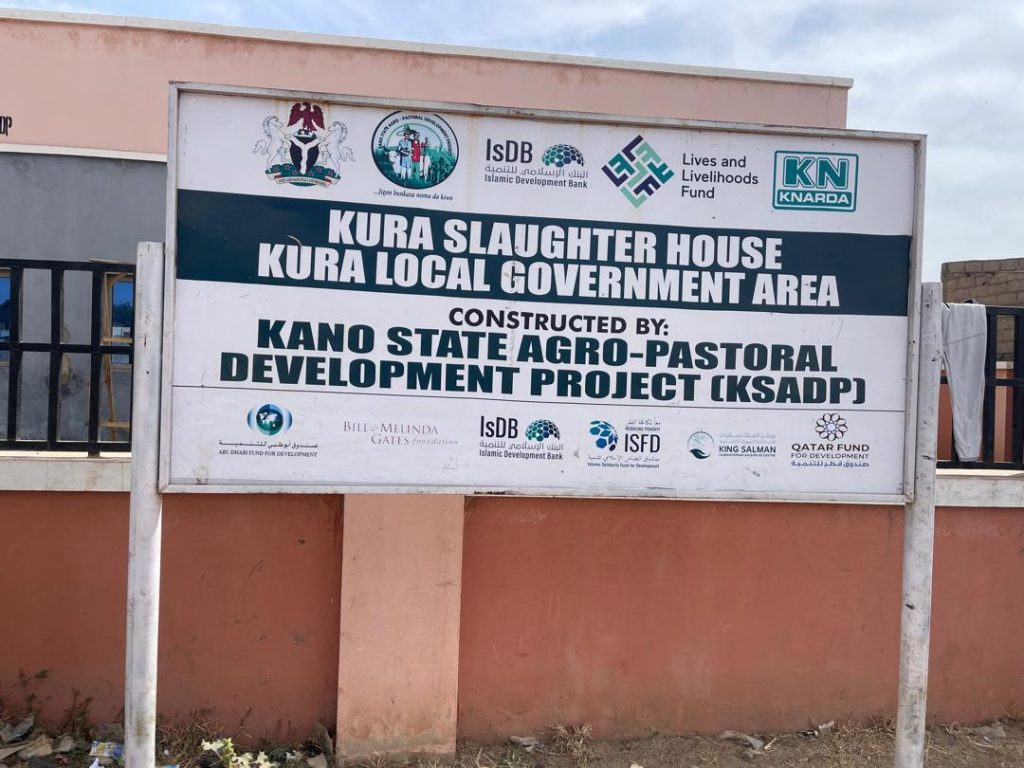Kano to start exporting processed meat.
By Fanen Ihyongo, Kano
Kano state animal traders will soon start exporting processed meat instead of the usual live ruminants like cows, sheep and goats.
Beef, mutton and chevon would be processed, preserved and taken in large commercial quantities to Abuja FCT, the southern region and foreign countries for sale.
This development follows the provision of slaughterhouses across 20 of the 44 local government areas of the state by the Abba Yusuf administration.
The benefiting local government areas include: Kura, Bichi, Dawakin Tofa, Rano, Doguwa, Bebeji, Shanono and Tundun Wada, among others.
The Sarkin Power of the Kura Slaughterhouse in Kura local government area, Alh. Ubale Tantabara, said they slaughter about 10 to 40 cows and other ruminants in a day.
“Now, we are leveraging on the new abattoir to start exporting processed meat instead of live animals.
“The problem of all slaughterhouses is water, but with the solar powered borehole, the Kura slaughterhouse has no problem,” Tantabara told journalists visited the Kura Slaughterhouse on Tuesday.
The slaughterhouses have been built by the Agro Pastoral Development Project (KSADP), in collaboration with the Islamic Development Bank, Lives Livelihood Fund (LLF) and other partners.
The KSADP Infrastructure Engineer, Engr. Zaharaddeen Hamisu, said each of the slaughterhouses has been built at the cost of N80 million, totaling N1.6 billion for the 20 abattoirs.
“Before then, if you visit any of the slaughterhouses in Kano city or any of the local government areas, you would hate to eat meat, because of the way the meat was being processed and handled.
“That was why the Kano state government decided to upgrade and create 20 slaughterhouses in the state, install facilities and hand over to the Sarkin Powers of the the areas,” Hamisu said.
The Kura Slaughterhouse has four slaughter slabs. Two are short, for the cutting of light ruminants while the others are tall for small ruminants.
The slaughterhouses are equipped with solar powered boreholes for constant supply of water for proper hygiene of the place. There are also solar fans for full ventilation.
Each of the slaughterhouses has three offices -a power room, Sarkin Power’s office and a cold room for storage of unsold meat.
Outside the slaughterhouse there is the business of drying animal skins and dung for various purposes.
